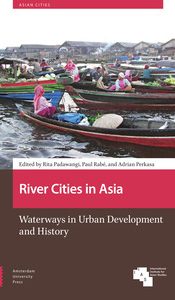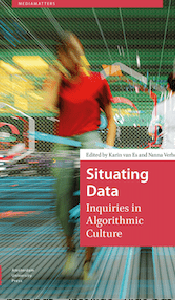Educational Learning Theories: 2nd Edition is an open textbook that provides a comprehensive overview of major learning theories and their applications in the field of education. Authored by Molly Zhou and David Brown, this textbook explores the theoretical foundations of learning, including behaviorism, cognitive development, social cognitive theory, sociocultural theory, and a range of other influential perspectives. The textbook is designed to equip educators, students, and researchers with a deeper understanding of the various learning theories that shape teaching and learning practices.
Recommended for:
- Pre-service and in-service teachers
- Education students and researchers
- Instructional designers and educational technologists
- Administrators and policymakers in the education sector
- Anyone interested in the philosophical and psychological underpinnings of learning
You will:
- Gain a thorough understanding of the key principles and concepts underlying major learning theories
- Explore the historical context and influential thinkers behind each theory
- Analyze the practical implications and applications of learning theories in educational settings
- Develop the ability to critically evaluate and compare different theoretical approaches
- Enhance your capacity to design effective learning experiences and interventions based on sound theoretical foundations
Detailed Overview
Educational Learning Theories: 2nd Edition is a comprehensive textbook that covers a diverse range of learning theories, including:
- Behaviorism: Examines the principles of classical and operant conditioning, and their applications in teaching and learning.
- Stages of Cognitive Development: Explores Jean Piaget’s theory of cognitive development and its implications for education.
- Social Cognitive Theory: Discusses Albert Bandura’s perspectives on learning through observation, modeling, and self-regulation.
- Sociocultural Theory: Introduces Lev Vygotsky’s ideas about the social and cultural influences on learning and cognitive development.
- Theory of Moral Development: Presents Lawrence Kohlberg’s model of moral reasoning and its connection to educational practices.
- Experiential Learning Theory: Examines David Kolb’s theory of learning through active experience and reflection.
- Bioecological Model of Human Development: Explores Urie Bronfenbrenner’s perspectives on the multilayered contexts that shape human development and learning.
- Psychosocial Theory of Identity Development: Discusses Erik Erikson’s stages of psychosocial development and their relevance to education.
- Theory of Multiple Intelligences: Introduces Howard Gardner’s theory of multiple intelligences and its applications in the classroom.
- Bloom’s Taxonomy: Examines the different levels of cognitive, affective, and psychomotor learning objectives.
- Theory of Human Motivation: Presents Abraham Maslow’s hierarchy of needs and its implications for educational motivation and engagement.
- Information Processing Theory: Explores the cognitive processes involved in learning and memory.
Throughout the textbook, the authors provide a balanced and critical analysis of each theory, highlighting its strengths, limitations, and practical applications in the field of education. The textbook is designed to serve as a valuable resource for educators, students, and researchers, fostering a deeper understanding of the theoretical foundations that underpin effective teaching and learning practices.
Citation
Zhou, Molly and Brown, David, Educational Learning Theories: 2nd Edition (2015). https://oer.galileo.usg.edu/education-textbooks/1/







